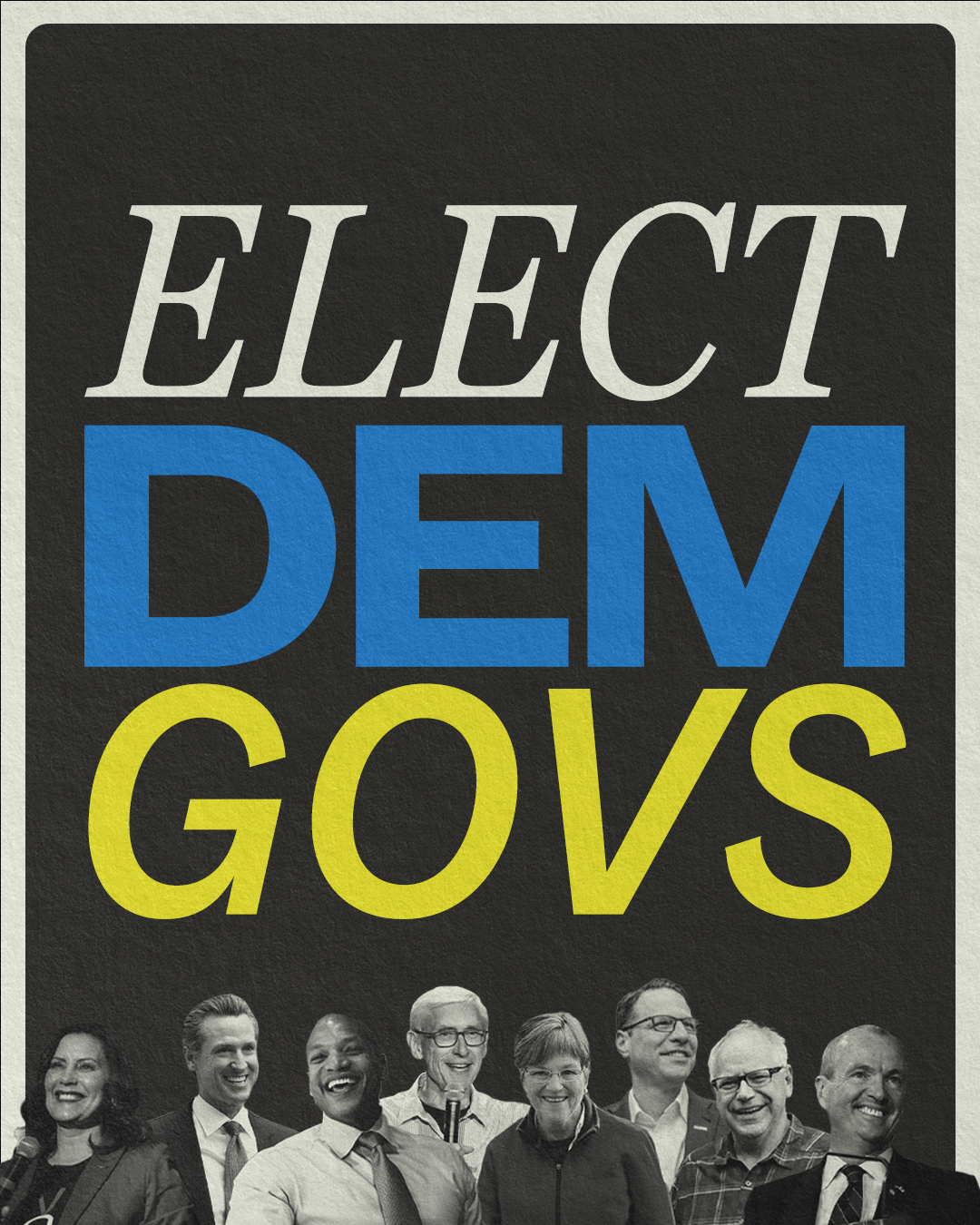Tell Congress to Reinstate the Voting Rights Act
The Supreme Court just struck down a key part of the Voting Rights Act that gives the Justice Department the authority to review proposed changes to voting laws in jurisdictions with a history of racial discrimination.
We have to get the law reinstated in places where voters desperately need protection from overreaching Republican governors and legislatures, before it’s too late.
Sign the petition to tell Congress to reinstate the Voting Rights Act, then read and share this important editorial from The New York Times:
The Future of Voting Rights
By THE EDITORIAL BOARD
Published: June 29, 2013
When five justices of the Supreme Court disabled the Voting Rights Act last Tuesday, they left it to Congress to find a new formula to restore one of the great landmarks of equality and once again protect the nation’s most fundamental democratic right. That is unlikely for the moment given Congressional dysfunction, as the justices certainly knew, but it is hardly impossible in the months and years to come.
What is needed now is a new coalition — as loud and as angry as the voices of 1965 — to demand that Republican lawmakers join Democrats in restoring fairness to the election system. Discrimination at the ballot box continues and is growing.
It comes in more forms than it did a half-century ago, but it is no less pernicious. Instead of literacy tests, we now have rigid identification requirements. Instead of poll taxes, we now have bans on early voting, cutbacks in the number of urban precincts, and groups that descend on minority districts to comb the registration rolls for spelling errors.
These measures, largely undertaken to reduce Democratic votes in the Obama period, have a direct impact on minority voters in dozens of states. But they also affect the poor of all races, older people, students and legal immigrants, increasing the need for expanded legislation.
Fortunately, the court did not throw out Section 5 of the act, which allows the Justice Department to invalidate discriminatory voting practices, but it got rid of the formula that determined where the department could act. That leaves Congress and the Justice Department several ways to restore the government’s jurisdiction.
The department can still use Section 3 of the act to get states or cities back into its jurisdiction, allowing it to judge election changes. To do so, though, it must show clear intent of racial discrimination, which is easy to hide. Congress should revise that section to allow coverage when a state makes a voting change with a disparate racial impact, not just discriminatory intent.
Section 2 of the act also gives the department or private citizens the right to sue any local or state government for an improper election practice. These kinds of legal actions, though expensive and difficult, are likely to become the principal tool for enforcing voting rights, and the department needs to gear up to fight many more of them.
The day after the court’s decision, in fact, a group of black and Hispanic Texas residents filed a Section 2 lawsuit in Corpus Christi to stop the state’s revived voter ID law. Texas was one of five states that triumphantly used the Supreme Court’s decision to move ahead on ID requirements that had previously been blocked. Congress has the power to make these suits easier to file — one way, for example, would be to allow plaintiffs to show that a practice diminishes minority voting rights, a standard in the now-paralyzed Section 5.
Congress can still make Section 5 usable again with new rules for inclusion. For example, it could require pre-clearance for any state found to have violated a federal election law in the last few years, which would include most of the Southern states along with many others. At a minimum, all states and localities should be required to disclose on the Internet any voting change, allowing citizens and Washington a chance to raise concerns.
The most fundamental change Congress could make would be a law declaring a universal right to vote that could not be infringed by any level of government. The Voting Rights Act was aimed at combating discrimination “on account of race or color,” which was the urgent problem of the time. Discrimination has now broadened to encompass more groups of different kinds, and it is time for a broader law, especially given the Supreme Court’s clear intent to dismantle all racial protections.
That is not just a liberal fantasy, either. It was encouraging last week to hear several House Republicans, including the majority leader, Eric Cantor, say they were interested in restoring protections to voting. One of them, James Sensenbrenner Jr. of Wisconsin, put the challenge well: “This is going to take time and will require members from both sides of the aisle to put partisan politics aside and ensure Americans’ most sacred right is protected.”
Read it at The New York Times here.


